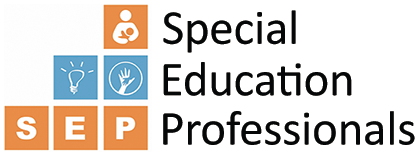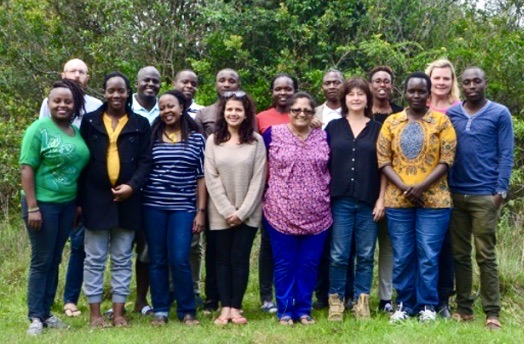DOWNLOAD ENTIRE DOCUMENT (2 MB)
The second consolidated strategic plan will guide SEP’s programmes and operations over the five years period 2018–2022. It provides a framework and a guide for SEP’s work in improving the life of children with disabilities. SEP advocates for a holistic approach and for effective therapy and educational intervention through a transdisciplinary approach. SEP’s strategy is inclusive as it aspires to transform the lives of our target groups: the children, their families, caregivers, community health volunteers and professionals.
The development process of the strategic plan was participatory, entailing critical reflections by SEP’s staff and members. A strategic analysis focusing on both the internal and external context has been undertaken in this regard. The outcome has been used as an input for developing the strategic direction. The strategic plan defines frameworks, focus areas, goals and activities for realizing mandate and ambitions of SEP. Furthermore, SEP’s identity – vision, mission, and values – has been reviewed in the process to ensure greater focus, ownership and application.
SEP has made a conscious choice to continue and promote a transdisciplinary approach in working with children with disabilities. The plan will guide further institutional strengthening of SEP, especially in areas such as sustainability, effectiveness, governance, organisation and performance measurement and improvement. To ensure greater effectiveness, SEP, based on various analyses, has prioritized five strategic focus areas with specific goals:

Goal 1: Capacities are built within families, caregivers, community health volunteers, teachers and institutions to ensure quality intervention for children with disabilities is provided.
A key pillar of SEP’s approach is capacity building for community based groups, schools, children’s homes, and centresin informal urban settlements and rural areas. SEP organizes training and technical assistance for families, caregivers, community health volunteers and teachers. SEP trains peer educators in order to increase the access to basic therapy and educational intervention for children and families in rural and disadvantaged communities. The transdisciplinary approach helps to minimise professional gaps and enhances a child centred intervention. The capacity building is eminent for children with disabilities to develop their fullest potential.

Goal 2: Professionals acquire specialized skills through high-quality transdisciplinary training.
SEP proposes training for professionals in the field of children with disabilities. Thereby SEP promotes a transdisciplinary approach (occupational therapy, physiotherapy, speech and language therapy, special needs education, psychology). Training is dedicated to young professionals who join SEP as intern members, SEP members for continuous professional development, and a public audience.

Goal 3: Children with disabilities are integrated in regular school settings whenever possible.
Every child in Kenya who has a disability — no matter its nature/condition — has the right to go to school. SEP ensures teachers, parents and caregivers receive information and training that helps them to better understand their children with disabilities, how to integrate him/her in school and support him/her in their individual learning processes. Furthermore, SEP is raising awareness on inclusive education. It aims at reducing stigma, discrimination and prejudice that prevent children with disabilities from accessing education on equal terms to others.

Goal 4: SEP’s formal and operational structure is suitable to support its present and future activities.
SEP is determined to be an effective and sustainable organisation in order to meet the social, economic and civic needs of our target groups and members. Therefore, we concentrate on building the capacity of the organisation to effectively implement our mission and to respond to local demand for quality services.

Goal 5: SEP maintains and establishes relations in a dynamic professional environment in order to carry out its activities.
Collaboration, partnerships, and networks are powerful mechanisms for supporting the changes needed in achieving SEP’s goals. Partnering with other organisations and being part of a common forum for dialogue and exchange of information, adds value and unlocks potential to achieve common goals. SEP wants to expand its relations and partnerships to achieve its objectives. In addition, increased networks and partnerships will support SEP in realizing financial and programmatic sustainability.
The strategic planning team

